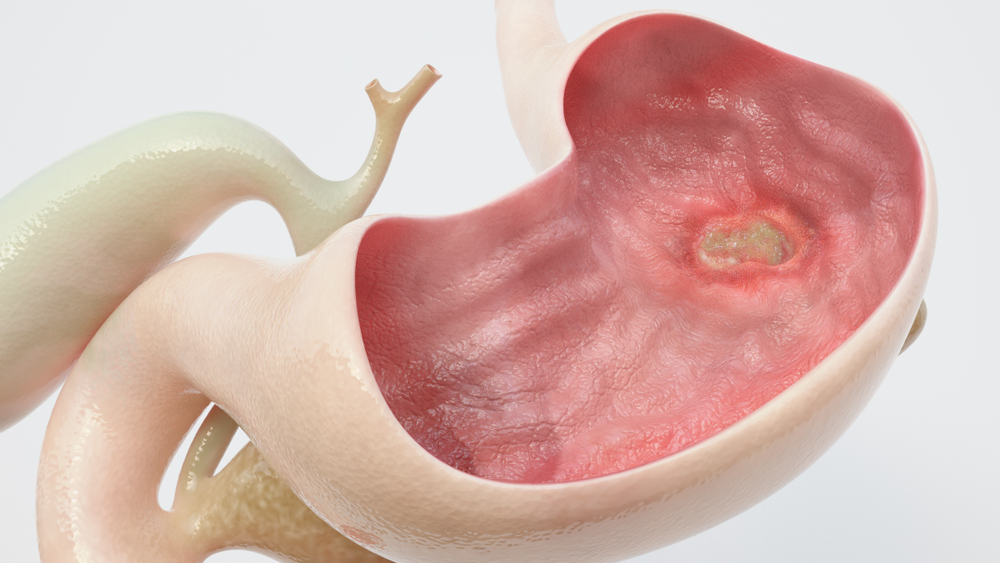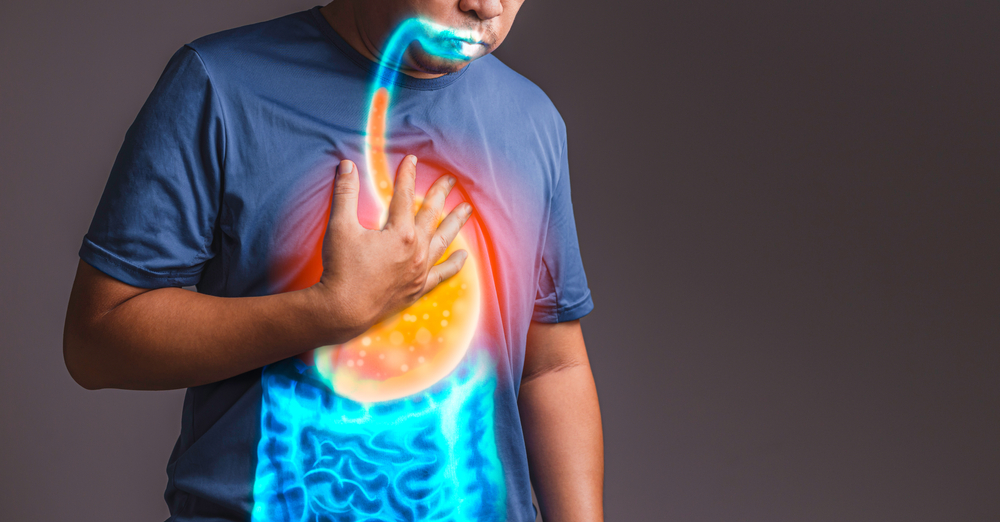
Drug use can have both short-term and long-term effects on your digestive health. And while some of these effects can resolve on their own or through treatment, some linger on for years. In some cases, drug-induced complications on the digestive system could cause severe health complications and even death.
You probably know that drugs affect judgment, decision-making, moods, feelings, memory, and even learning. However, drugs use can also cause or worsen digestive problems. Some of these effects happen after prolonged drug use, while others happen just after a single use.
Many common drugs, including prescription drugs that treat digestive problems, diabetes, and depression, can affect gut health. The gut system is home to about 100 trillion bacteria and other organisms like fungi and viruses. All these make up the microbiome or microbiota. A healthy gut contains good bacteria and healthy immune cells that ward off infections.
It also communicates with the brain through hormones and nerves, maintaining intestinal health. A proper balance of good bacteria can result in many health benefits. Drug use affects the balance of bacteria in the gut microbiota, predisposing people to gastrointestinal tract infections and other health issues.

Additionally, drugs damage the mucous membrane lining that runs through the mouth, stomach, small intestines, large intestines, and esophagus. The mucous membrane helps with peristalsis, which is the process of breaking down food. Damage to the lining exposes the GI tract to damage and more severe health issues. Here are some common digestive health concerns from drug use.
Opiates like heroin, Vicodin, morphine, and OxyContin cause constipation. Under normal circumstances, adults have bowel movements ranging from three times a day to three times a week. But after opiate intake, they may have infrequent bowel movements or find it hard to pass bowel movements.
It’s important to note that the severity of constipation depends on factors like dosage and duration of use. Long-term use may cause bowel damage and produce a narcotic bowel syndrome where bowel functions slow down. And unlike other opiates, side effects like nausea, constipation doesn’t resolve over time with continued use. The reason is that the GI system doesn’t seem to adapt to the presence of opioids like other body parts.
But the main reason opiates cause constipation is that opiates heavily impact the GI neurons. Muscles around the intestine push stool through the body. Opioid intake slows or stops the squeezing movements of these muscles because of how it affects the messages sent to the nerves in the spine and intestines. Besides, opioids can also cause gastroparesis, a condition where food stays in the GI tract for much longer. So, the intestine ends up absorbing more water causing the formation of hard and dry stools.
Opiate-related constipation affects opioid receptions across the body and brain functionality. So, taking supplements or fiber-rich foods won’t solve the problem.
Tobacco use can cause many cancers, including throat, esophagus, mouth, stomach, bladder, rectum, liver, kidney, and cervix. That’s because tobacco products have many chemicals that destroy DNA. There isn’t a safe level of tobacco use.

Drugs like cocaine reduce appetite and cause bloody diarrhea, abdominal pain, nausea, and vomiting. Continual use may cause these uncomfortable symptoms to develop into more severe GI issues like stomach ulcers, abdominal bleeding, perforation of the intestines, bowel tissue decay or rupture, perforation of the small blood vessels in the abdomen, and reduced blood flow to the gastrointestinal system.
Cocaine misuse can cause gangrene and mesenteric ischemia, which leads to small and large bowel perforation and intraperitoneal hemorrhage. Clinical presentation of mesenteric ischemia includes abdominal pain and possibly vomiting, nausea, and cocaine diarrhea. High concentrations of cocaine may cause blood clots which block the blood supply, predisposing one to ulceration due to prolonged exposure to acid.
People who drink often tend to experience irritable bowel syndrome, an intestinal condition that doesn’t appear to cause actual physical damage to the intestines. It is characterized by persistent pain, discomfort, and regular episodes of constipation and diarrhea. IBS patients also experience a range of issues regarding the types of activities they can indulge in or food they can eat.
However, drug-induced GI disorders can mimic conditions like irritable bowel syndrome and inflammatory bowel disease (IBD). Knowing this can prevent unnecessary investigations and treatment.
Some people have a hard time swallowing prescription and OTC drugs in capsule or tablet form. When capsules or tablets stick in the esophagus, they may release chemicals that irritate the esophagus lining. The irritation may result in bleeding, ulcers, strictures, and perforation. The risk goes higher in people with conditions like achalasia, scleroderma, strictures, and stroke.
Other drugs may also cause stomach lining irritation. These drugs weaken the ability of the lining to resist acid produced in the stomach. In some cases, the irritation may cause inflammation of the stomach lining, bloody vomits, ulcers, severe indigestion and heartburn, perforation, severe stomach cramps, and burning in the back or stomach.

CHS is a condition characterized by repeated and severe bouts of vomiting and nausea. THC, which is the psychoactive part of cannabis, binds digestive track molecules, impacting the things like the time it takes the stomach to empty. Other CHS symptoms include belly pain, dehydration, and decreased food intake.
These drugs include:
Drug abuse can affect many different organs in your body, including the gastrointestinal tract. If you are experiencing any of these digestive health issues, it’s best to seek medical help. Your doctor will run some tests and provide the best possible care. But be sure to inform them about your drug use problem, as that will help with the diagnosis and treatment. In some cases, your doctor may recommend detox and rehabilitation to help address the root cause of the GI problems.
If you or someone close to you has digestive health issues from drug use, we can help. We provide holistic drug use treatment to help you get off of drugs. This, in turn, will prevent the GI issues from escalating, allowing your immune system to bounce back. Contact us today for additional information.


